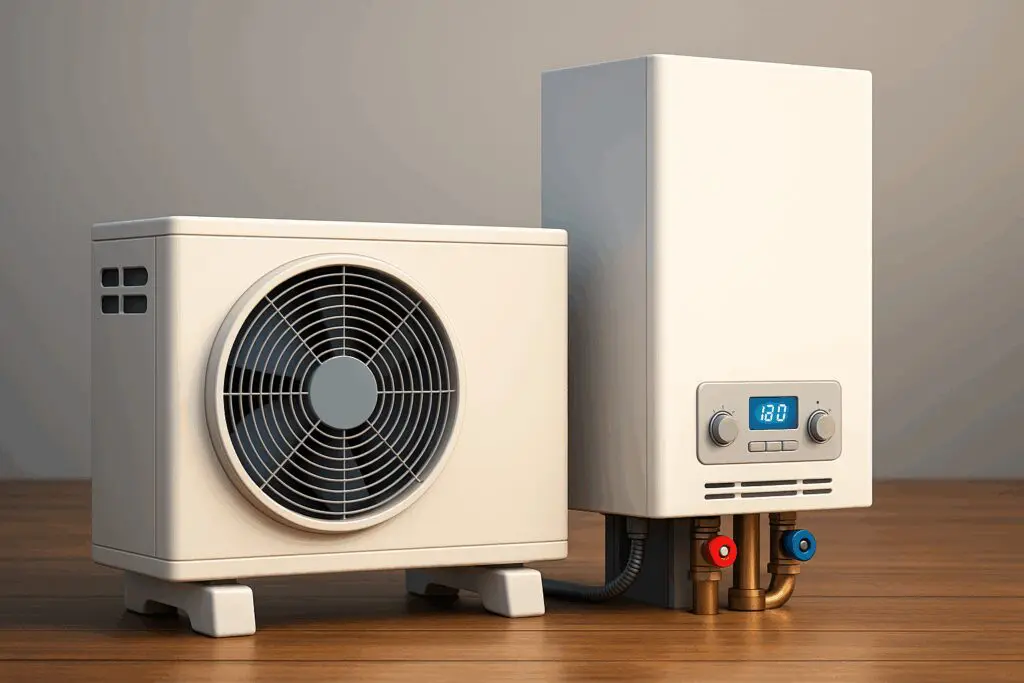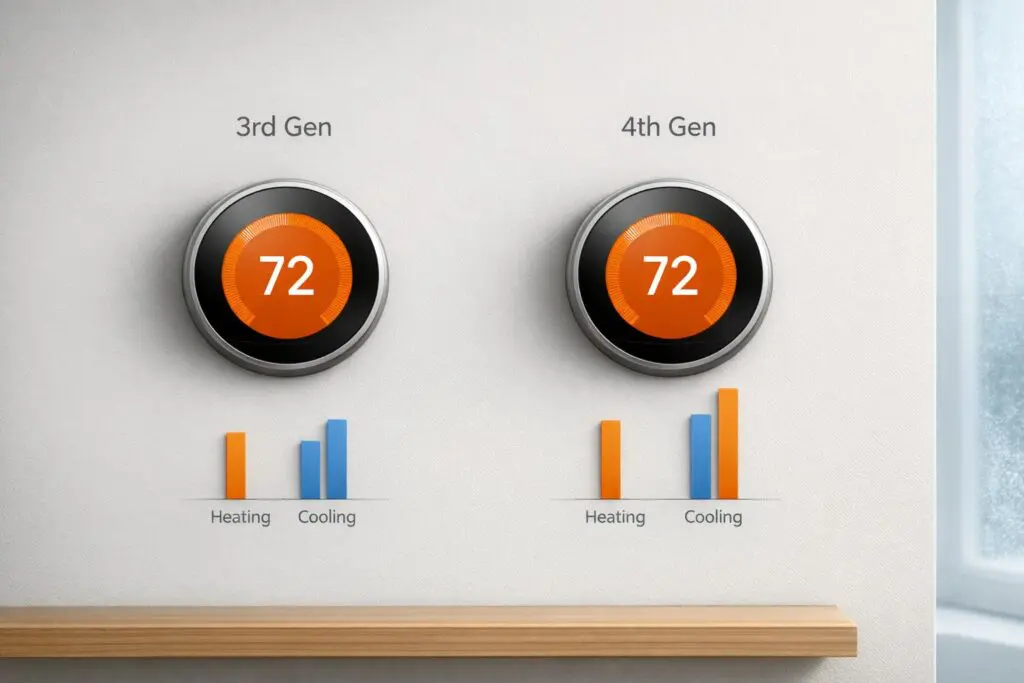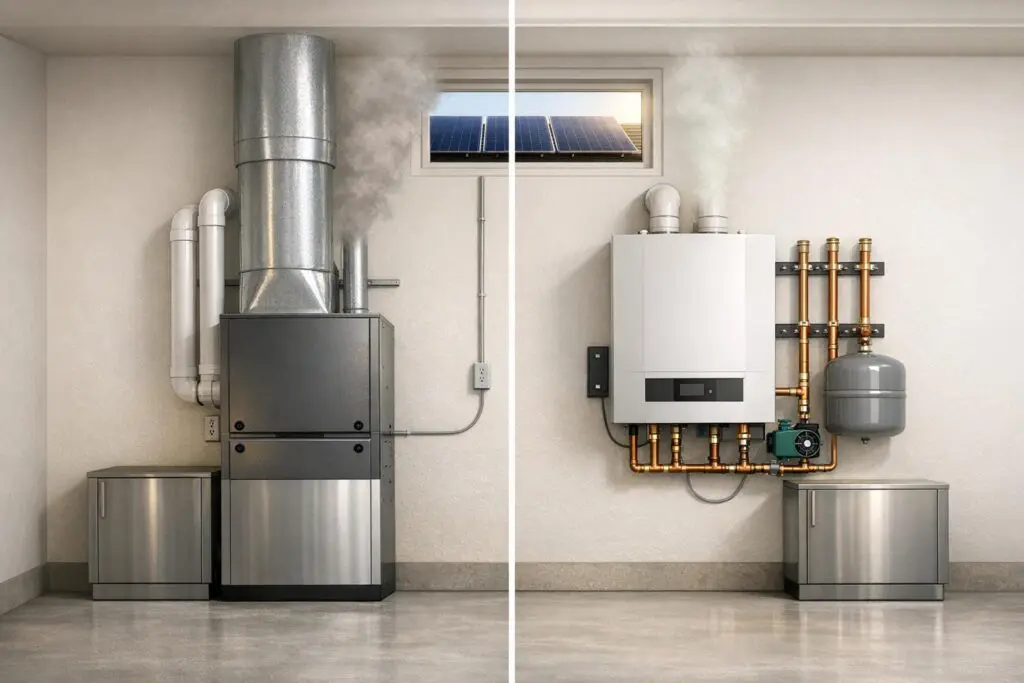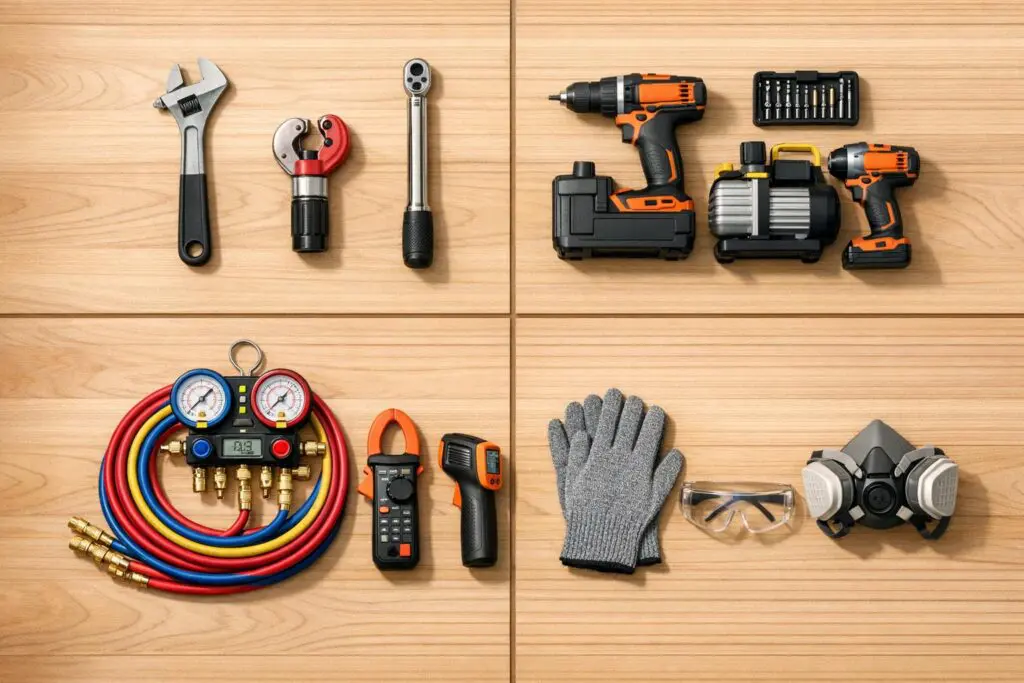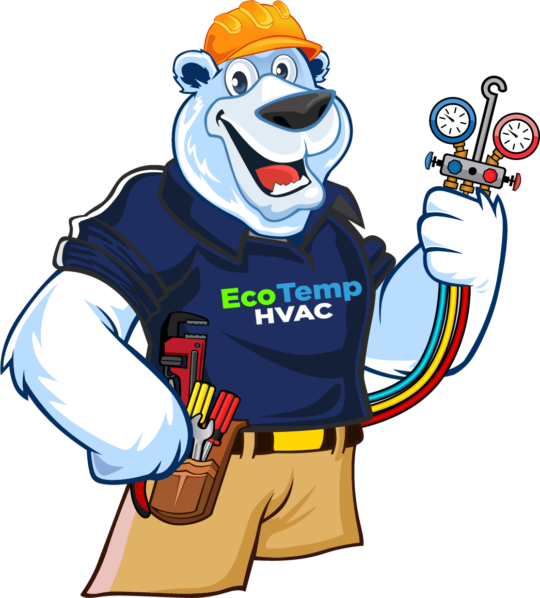When it comes to heating your Chicago home, two systems often dominate the conversation — boilers and heat pumps.
Both can deliver reliable warmth, but they work very differently and come with unique pros, cons, and energy efficiency profiles.
If you’re debating between a boiler or a heat pump (like a ductless mini split), this guide breaks down the differences in cost, performance, and maintenance — and helps you decide which heating system is the better fit for your home.
🧠 Quick Overview: How They Work
🔥 Boiler Systems
A boiler uses natural gas, propane, or oil to heat water, which is then circulated through pipes to radiators or underfloor systems.
This radiant heat warms objects and air evenly, creating a steady and comfortable temperature without blowing air around.
Learn more:
👉 Best Boiler Brands 2025 — A Complete Guide for Chicago Homeowners
❄️ Heat Pumps (Ductless Mini Splits)
A heat pump transfers heat instead of creating it.
In heating mode, it extracts warmth from the outside air (even in cold weather) and moves it indoors. In cooling mode, it reverses the process — working like an air conditioner.
Modern ductless mini split heat pumps can both heat and cool, making them a versatile, year-round comfort system.
Learn more about ductless technology:
👉 Ductless Mini Split Systems
⚡ Efficiency: Which System Saves More Energy?
Heat Pump Efficiency
✅ Winner for Mild Climates & Energy Savings
Heat pumps are incredibly efficient because they move heat instead of generating it.
For every 1 kW of electricity they consume, they can produce up to 3–4 kW of heat — a 300–400% efficiency rate (COP 3–4).
However, their performance can drop when temperatures fall below 20°F unless you install a cold-climate heat pump like Mitsubishi’s Hyper-Heat system.
Boiler Efficiency
Boilers, especially modern condensing boilers, can achieve up to 95% AFUE efficiency, making them one of the most effective gas heating systems available.
While they don’t reach the raw efficiency numbers of heat pumps, they provide steady, powerful heating in freezing Chicago winters without performance loss.
✅ Winner for Cold Climates: Boiler
✅ Winner for Year-Round Efficiency: Heat Pump
🌀 Heating & Cooling Performance
Boilers
-
Provide consistent, even heat through radiant systems
-
Don’t dry out indoor air like forced-air systems
- Heat rooms slower but maintain steady warmth
However, boilers can’t cool your home — you’d need a separate AC or ductless system for summer comfort.
Heat Pumps
- Deliver heating and cooling in one system
- Respond quickly and allow for zoned temperature control
- May lose efficiency during deep-freeze days unless paired with backup heat
✅ Winner for Speed & Versatility: Heat Pump (Mini Split)
💰 Installation Costs in Chicago
Before choosing between a boiler and a heat pump, it’s essential to understand what you’re investing in.
Installation costs can vary greatly based on your home’s size, existing equipment, and the system type you select.
💨 Ductless Mini Split Heat Pump Costs
💡 Prices include equipment, standard labor, refrigerant lines, and electrical connections. Costs rise for multi-story homes or long line runs.
Ductless mini splits are ideal for homes without existing ductwork or for those wanting zoned heating and cooling. Each indoor unit operates independently, letting you control temperatures room-by-room — a major benefit over traditional systems.
Learn more:
👉 Ductless Mini Split Systems in Chicago
🔥 Boiler System Replacement Costs in Chicago
In the Windy City, the average boiler replacement cost ranges from $4,000 to $9,000, including standard installation.
Opting for high-efficiency condensing boilers or complex piping retrofits can push that total above $10,000.
⚙️ Always consider both AFUE efficiency and BTU sizing when choosing a boiler. Undersized or oversized models lead to uneven heating and higher energy costs.
💧 Navien Combi Boiler Pricing (Heat + Hot Water)
Navien combi boilers offer the best of both worlds — efficient space heating and endless hot water from one compact unit.
Learn more:
👉 Navien Condensing Tankless Water Heaters & Combi Boilers in Chicago
🧰 Maintenance, Lifespan & Reliability
✅ Winner for Maintenance Simplicity: Heat Pump
✅ Winner for Long-Term Durability: Boiler
Boilers last longer, but they require professional maintenance every year to maintain peak efficiency.
Ductless systems, by contrast, need less attention and are easier to service — a simple filter rinse can go a long way.
Join our Eco Home Program for discounted maintenance and priority scheduling.
🌿 Environmental Impact & Energy Savings
-
Heat pumps operate on electricity and can be powered by renewable energy, producing zero on-site emissions.
-
Condensing boilers are cleaner than older gas models but still rely on fossil fuels.
In most Chicago homes, switching to a cold-climate ductless heat pump can cut your heating costs by 20–40% while reducing your carbon footprint.
✅ Winner for Sustainability & Energy Savings: Heat Pump
⚖️ Summary: Which System Is Best for Your Home?
🏆 Overall Winner: Ductless Heat Pump (Mini Split) — best for energy savings, year-round comfort, and sustainability in Chicago homes.
For most Chicago homeowners, a ductless heat pump offers the best balance of energy efficiency, year-round comfort, and long-term savings.
However, if your home already has a hydronic heating system or requires high-output performance during freezing weather, a modern condensing boiler (like a Navien) may still be the superior choice.
🏠 Need Expert Help Choosing the Right System?
At Eco Temp HVAC, we’re both a Mitsubishi Elite Diamond Contractor and a Navien Service Specialist — meaning we’re qualified to install and service both systems with precision.
We’ll evaluate your home’s layout, energy goals, and comfort needs to recommend the perfect solution — whether that’s a single-zone mini split or a high-efficiency boiler system.
📞 Call (224) 253-8131 or
💻 Book Your Free Estimate Online


